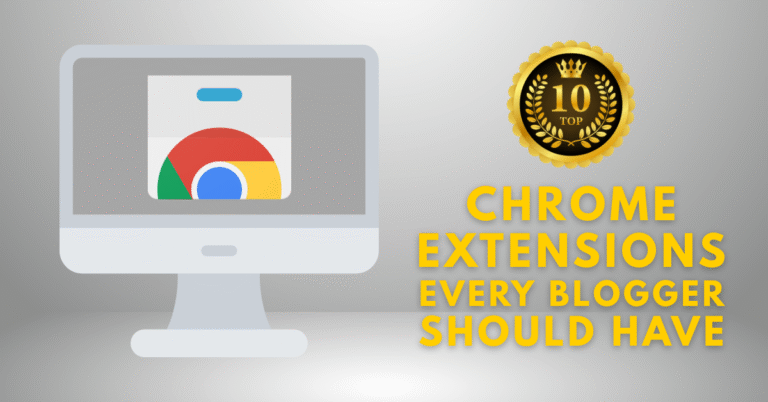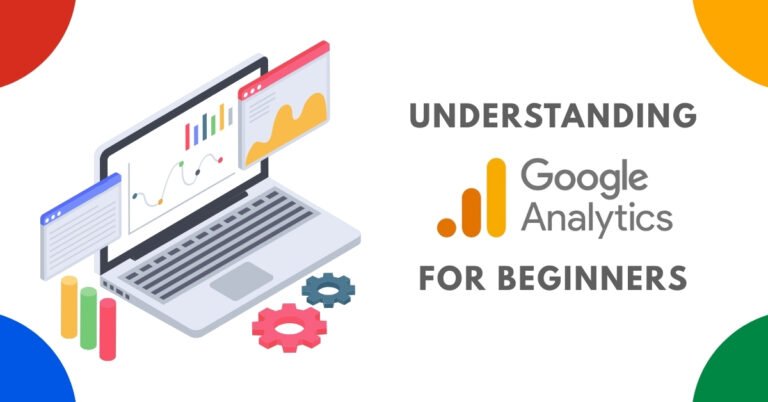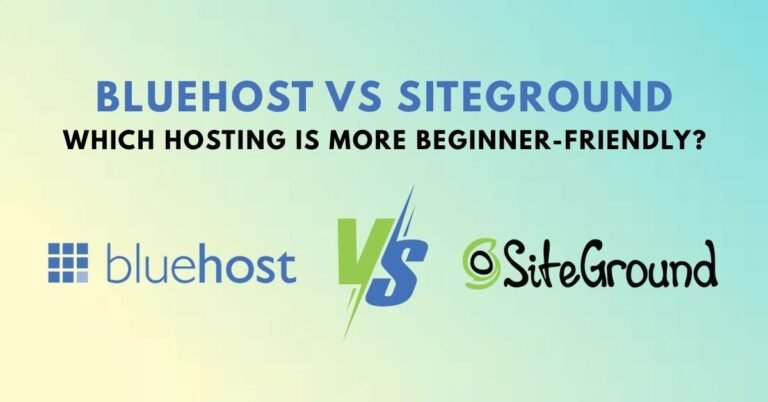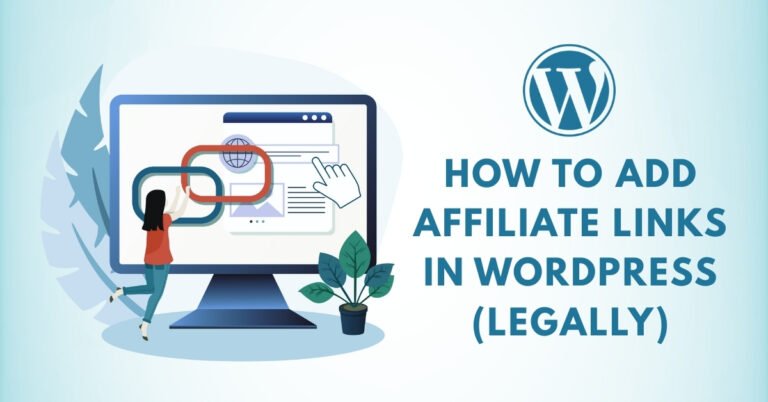Starting a blog or website shouldn’t be overwhelming—especially if you’re a beginner. Whether you’re launching a personal blog, online portfolio, or small business site, using a beginner-friendly website builder can help you avoid technical headaches and get online fast.
In this comprehensive comparison, we’ll cover the top 10 website builders for beginners in 2025, highlighting the key features, pros and cons, pricing, and use-cases for each one. Let’s help you find the best platform for your needs.
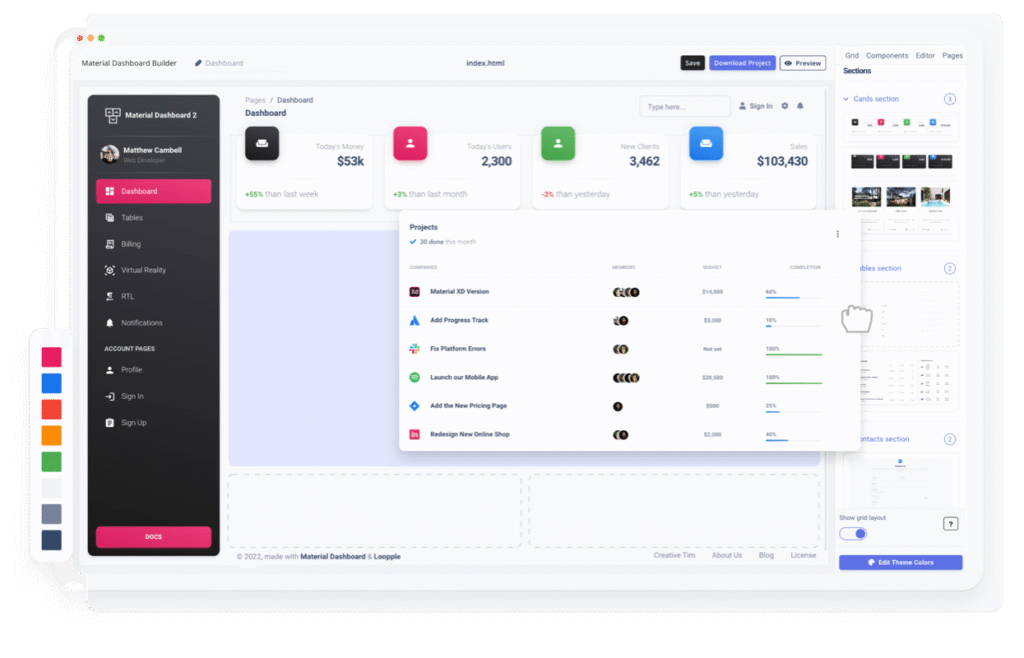
Why Choosing the Right Website Builder Matters
For beginners, the website builder you choose can significantly impact:
- How fast you launch your blog or business
- How easy it is to customize your site
- Your site’s performance and scalability
- SEO and content creation flexibility
- The total cost of running your website
Let’s now dive into the top options!
Wix – Best All-in-One Drag & Drop Builder
Wix is one of the most popular website builders for beginners, and for good reason. It offers true drag-and-drop functionality and hundreds of templates.
Key Features:
- 900+ pre-made templates
- Drag-and-drop editor
- Free plan with Wix branding
- Built-in SEO tools
- App market with advanced features
Pricing: Starts at $16/month (Combo plan, ad-free)
Best For: Bloggers, personal sites, portfolios, small businesses
Pros:
- Extremely beginner-friendly
- Tons of design flexibility
- No coding required
Cons:
- Templates aren’t interchangeable after publishing
- Free plan shows Wix ads
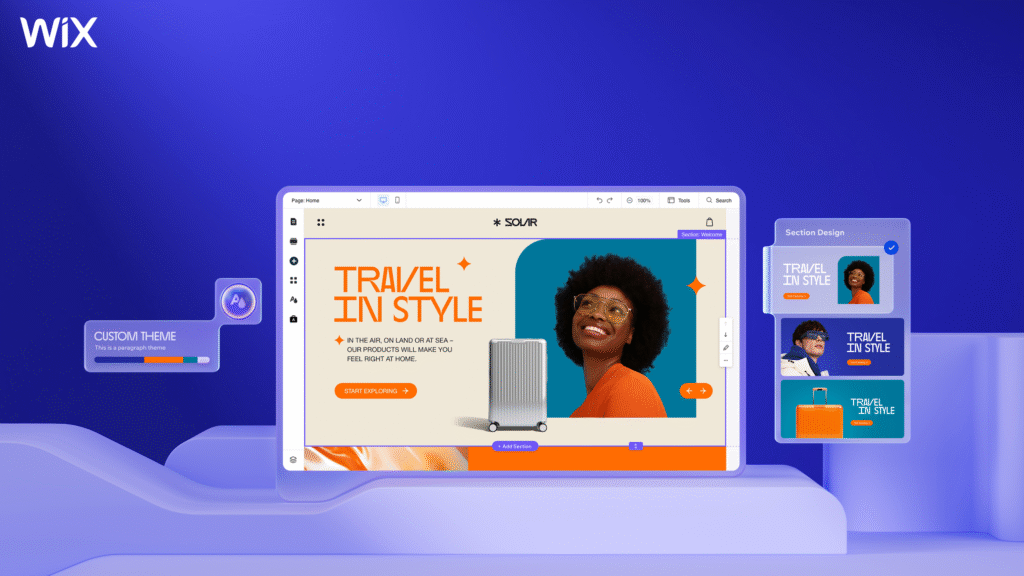
WordPress.com – Best for Blogging Beginners
WordPress.com offers the power of WordPress without the setup complexity. Great for bloggers who want more control than traditional drag-and-drop builders.
Key Features:
- Pre-installed hosting
- Dozens of themes
- Built-in blog and SEO tools
- Free and premium themes
Pricing: Free plan available; paid plans from $4/month
Best For: Bloggers, hobbyists, writers
Pros:
- Perfect for content-driven sites
- SEO-friendly
- Scales well as you grow
Cons:
- Slight learning curve
- Limited plugin access unless on higher-tier plans

Squarespace – Best for Elegant Design
Known for its award-winning templates and clean aesthetics, Squarespace is ideal for creative professionals and bloggers focused on visuals.
Key Features:
- Mobile-optimized templates
- Built-in email marketing
- Blog and portfolio layouts
- Strong image and video support
Pricing: Starts at $16/month (Personal plan)
Best For: Designers, artists, photographers, personal brands
Pros:
- Sleek, modern templates
- All-in-one solution (hosting included)
- Built-in analytics
Cons:
- Less customizable than WordPress
- Slightly higher cost

Weebly (by Square) – Best Budget-Friendly Option
Weebly is a solid, beginner-focused builder now owned by Square, making it ideal for basic websites and online stores.
Key Features:
- Drag-and-drop editor
- Integrated e-commerce (via Square)
- Free plan with limited features
- Simple blogging tools
Pricing: Starts at $10/month
Best For: Local businesses, personal sites, basic blogs
Pros:
- Easy to use
- Affordable pricing
- Decent e-commerce features
Cons:
- Outdated templates
- Limited design flexibility
Webflow – Best for Beginners Who Want to Grow into Advanced Design
While not as beginner-friendly out of the box, Webflow is perfect if you want full design freedom without touching code—great for creative bloggers.
Key Features:
- Full control of layout and design
- CMS functionality
- SEO-friendly
- Animation and interaction support
Pricing: Free plan available; paid plans start at $14/month
Best For: Designers, advanced bloggers, portfolio sites
Pros:
- Powerful design features
- Clean, SEO-optimized code output
- No plugins needed
Cons:
- Steeper learning curve
- Not ideal for total beginners
https://www.youtube.com/watch?v=cZlnnbHNKrE&t=2779s&pp=ygUeV2ViZmxvdyBmb3IgYmVnaW5uZXJzIHR1dG9yaWFs
Zyro – Best Lightweight Builder for Quick Launch
Zyro is a newer player in the website builder market but has gained popularity due to its speed, simplicity, and affordability.
Key Features:
- AI-powered design suggestions
- Free SSL and hosting
- Easy drag-and-drop interface
- Integrated eCommerce tools
Pricing: Starts at $2.99/month
Best For: Quick websites, personal projects, side blogs
Pros:
- Very affordable
- Super-fast setup
- Clean and minimal UI
Cons:
- Limited customization
- Fewer templates
GoDaddy Website Builder – Best for Business-Oriented Beginners
GoDaddy’s builder is focused on speed and business growth, with built-in marketing tools and a no-frills editor.
Key Features:
- Email marketing integration
- Social media sync
- Mobile optimization
- Built-in SEO tools
Pricing: Starts at $9.99/month
Best For: Small businesses, freelancers, local services
Pros:
- Fast setup
- Good for marketing and email
- Helpful business tools
Cons:
- Not ideal for complex design
- Fewer customization options
Hostinger Website Builder (Zyro) – Budget-Friendly and Fast
Hostinger now includes a fast and lightweight website builder as part of its hosting plans—perfect for budget-conscious beginners.
Key Features:
- Drag-and-drop builder
- AI content and image tools
- Responsive templates
- Free domain (on annual plan)
Pricing: Included with Hostinger plans (starts around $2.99/month)
Best For: Bloggers looking for hosting + builder combo
Pros:
- All-in-one affordable package
- Easy to launch quickly
- Built-in AI tools
Cons:
- Limited design flexibility
- Basic blog functionality
Strikingly – Best for One-Page Websites
If you want to create a simple one-page site or resume, Strikingly is a good choice. Extremely beginner-friendly with minimal setup.
Key Features:
- One-page layouts
- Mobile-friendly design
- Basic analytics and forms
Pricing: Free plan available; paid starts at $8/month
Best For: Personal landing pages, resumes, portfolios
Pros:
- Ultra-simple setup
- Optimized for mobile
- Affordable
Cons:
- Not suitable for complex websites
- Limited features on free plan
Jimdo – Good for Simple, Code-Free Sites
Jimdo is a lesser-known but beginner-friendly tool that allows users to build basic websites and stores without any tech skills.
Key Features:
- AI website builder (Jimdo Dolphin)
- Free plan available
- GDPR-compliant templates
- eCommerce support
Pricing: Starts at $9/month
Best For: EU users, basic blogs and shops
Pros:
- AI setup wizard
- Affordable plans
- No coding needed
Cons:
- Limited templates
- Not widely supported
How to Choose the Right Builder for You
Here’s a quick checklist to help you decide:
- For blogging: Go with WordPress.com or Squarespace
- For design freedom: Choose Webflow or Wix
- For ecommerce: Weebly, GoDaddy, or Zyro
- For a free option: Start with WordPress.com, Wix, or Jimdo
- For personal portfolios: Try Strikingly or Squarespace

Frequently Asked Questions (FAQ)
No. All tools listed here are no-code and require zero technical knowledge to get started.
WordPress.com, Squarespace, and Webflow offer strong SEO features right out of the box.
Conclusion
Choosing the right website builder is the first big step to launching your online journey—whether that’s blogging, selling, or building your brand. All of the tools listed above are great choices for beginners, but the best one for you will depend on your specific needs, budget, and long-term vision.
Want to go further and learn how to grow your blog?

